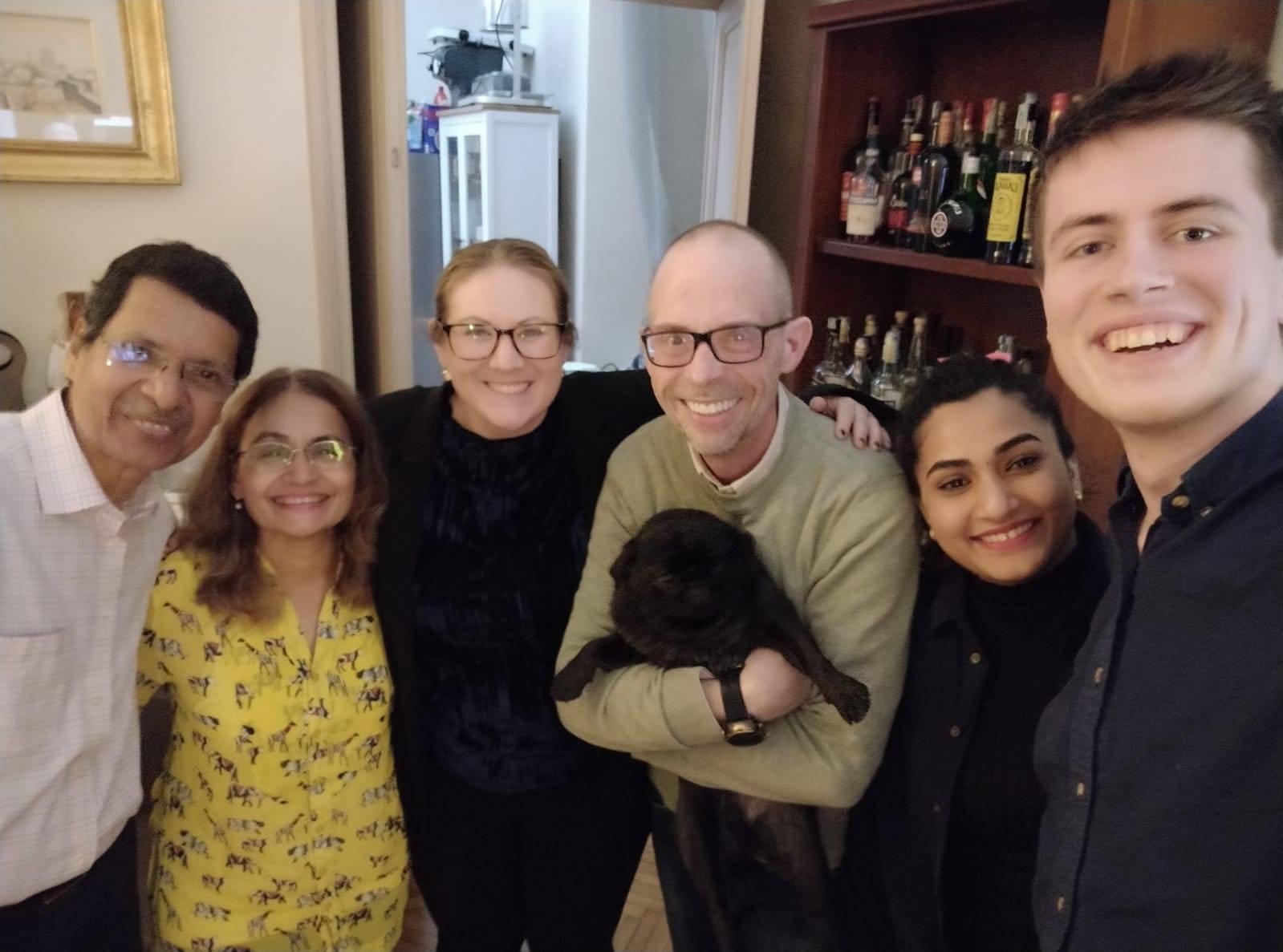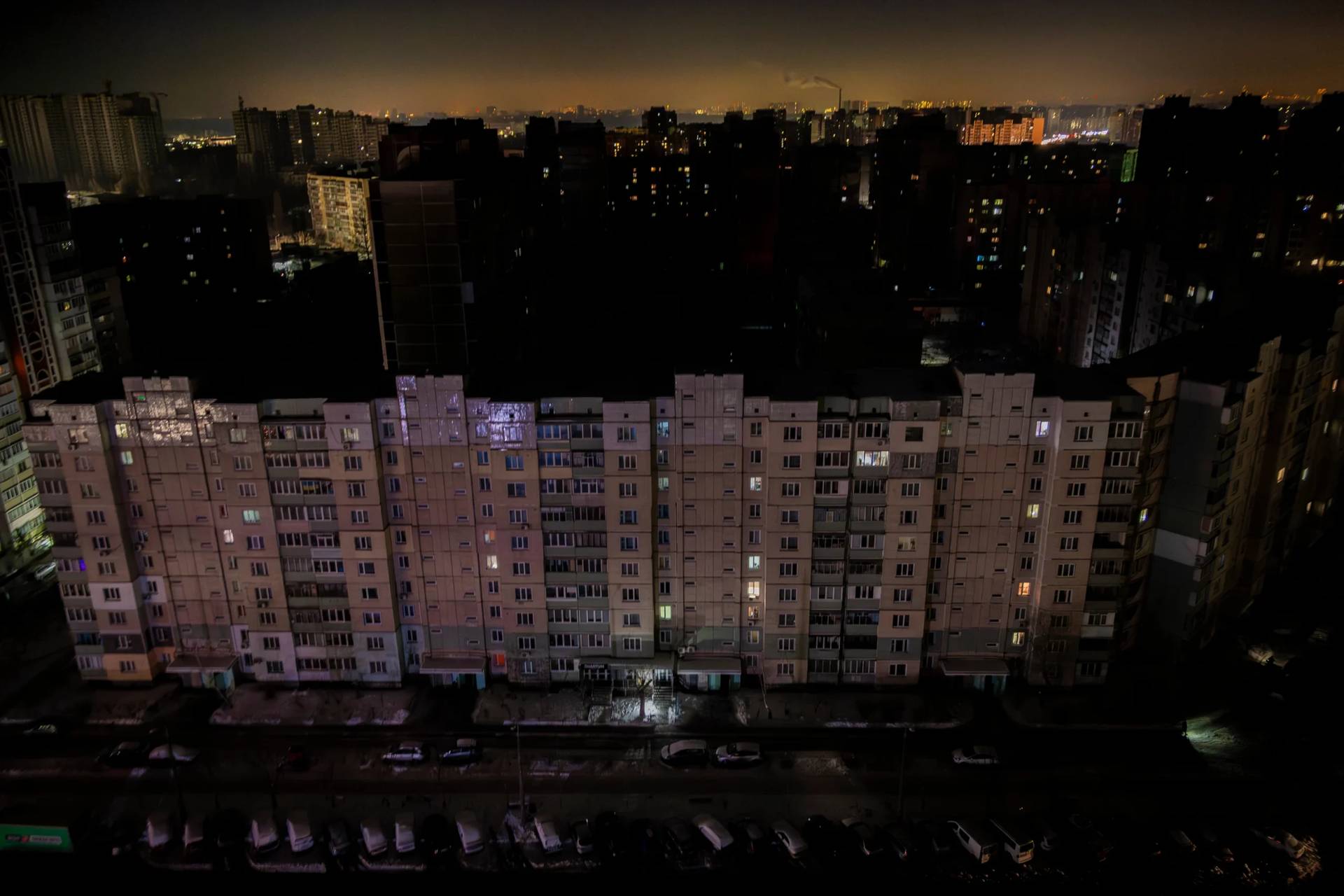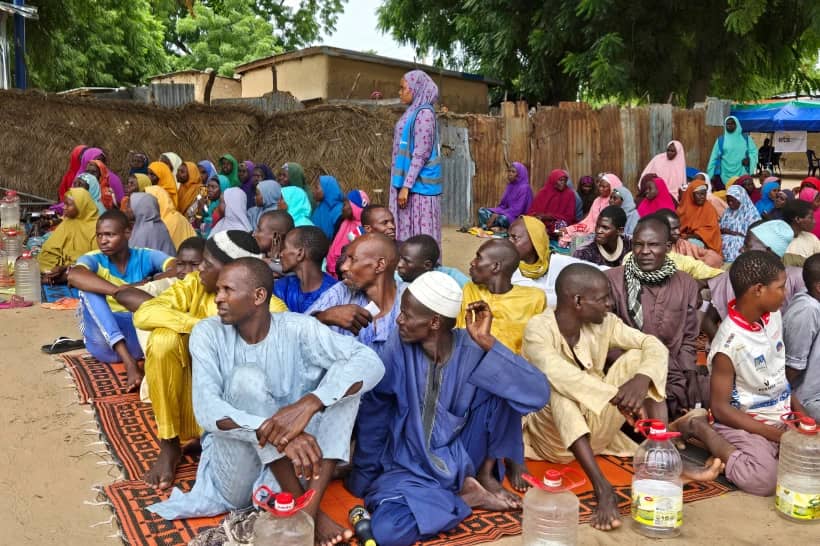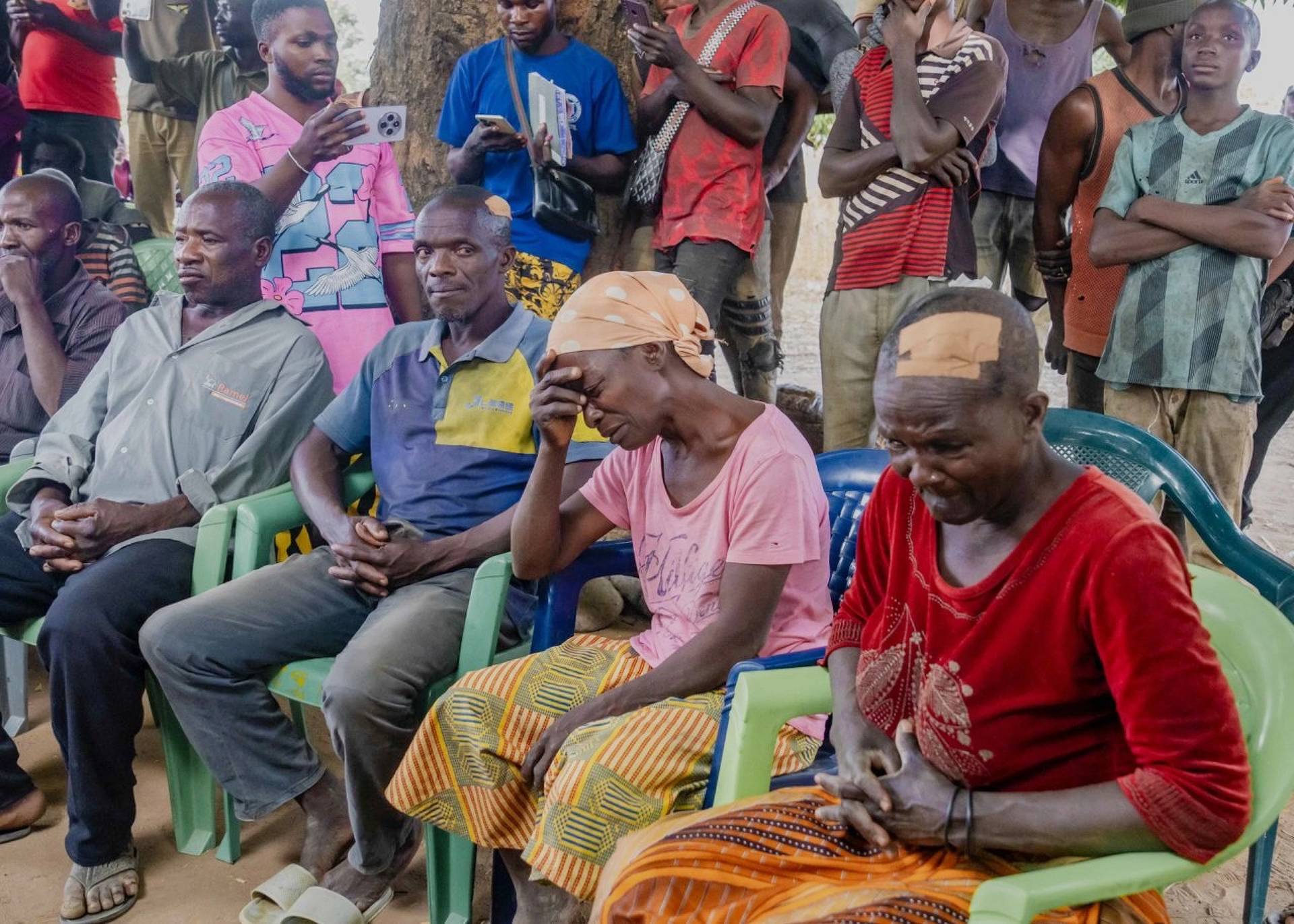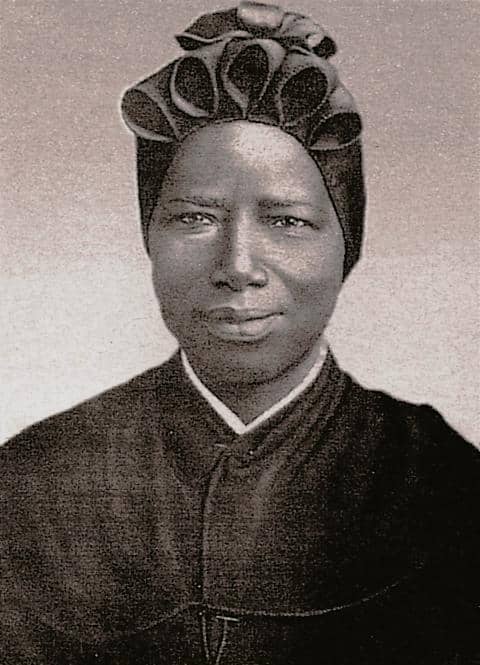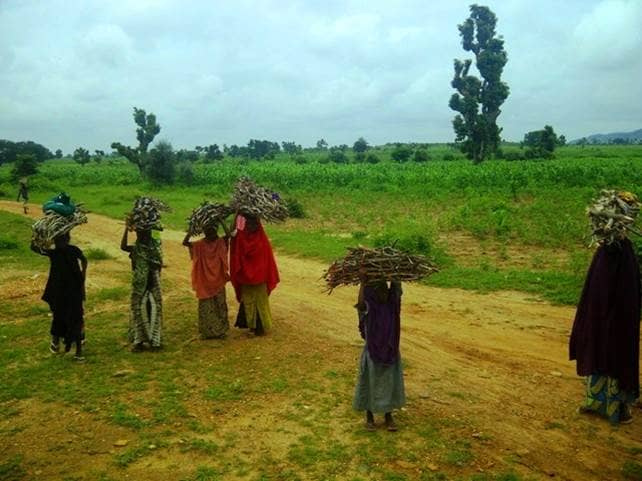YAOUNDÈ, Cameroon — A leading Catholic priest and academic in the Democratic Republic of Congo has bemoaned worsening poverty despite the enormous natural resources found in a country almost the size of Western Europe, hoping it’s an issue Pope Francis will address during his upcoming visit.
Father Godefroid Mombula Alekiabo, academic secretary of Saint Augustine University in the national capital Kinshasa, was speaking January 17 during an online news conference organized by the Pontifical Charity Aid to the Church in Need on Pope Francis’ planned Jan. 31-Feb. 5 outing to the DRC and South Sudan.
“The Democratic Republic of Congo is the largest country in Sub-Saharan Africa. It is endowed with exceptional natural resources, including minerals such as cobalt and copper, hydropower potential, significant arable land, immense biodiversity, and the world’s second-largest rainforest after the forest of Amazon in Brazil,” Mombula said.
In fact, the DRC is home to one of the key metals to produce electric vehicles – cobalt. In 2020, the DRC was the world’s largest cobalt miner with a production of 95,000 tons, or nearly 41 percent of the world’s supply.
It was also the sixth world producer of industrial diamonds in 2020 with a production of 3.7 million carats.
In addition, the DRC has the largest hydropower potential in Africa and one of the largest worldwide, with a technically feasible potential of some 100,000 MW. Only about 2.5 percent of this potential has been developed so far.
But these vast resources have largely been of little benefit to the people. The country ranked 179 out of 191 in the 2021 Human Development Index, with over 70 percent of the people living on less than $2 a day.
“Most people in the Democratic Republic of Congo have not benefited from this wealth,” said Mombula.
Rather, the resources have turned into a curse, particularly in the Eastern part of the country where they are mostly concentrated.
“Several rebel groups compete to extract maximum commercial and material benefits at an exorbitant human cost of millions of Congolese,” Mombula said.
More than a hundred-armed groups operate in eastern DRC, where conflict over minerals and a mix of geo-political and ethnic rivalries have continued to stoke the fighting.
One of the main rebel groups-the M23, is thought to be backed by neighboring Rwanda. Human Rights Watch has accused it of engaging in summary executions, rapes and other gross human rights violations.
In August last year, the Kivu Security Tracker, which monitors conflict and human rights violations reported that over 8,000 people had died violently since 2017.
“A long history of conflict, political upheaval and instability, and authoritarian rule have led to a grave, ongoing humanitarian crisis,” Mombula said
“In addition, there has been forced displacement of populations in the eastern part of the country. Many people live below the poverty line. The private sector plays a vital role in the continuation of war by facilitating the exploitation, transport and marketing of Congo’s natural resources,” the priest said.
Regional efforts at restoring peace to the troubled country have so far achieved only limited results.
The dominant rebel group, the M23, recently said it was withdrawing from its position in the town of Kibumba about 20 kilometers (12 miles) from Goma, a commercial hub of over one million people.
The rebel group overran the town in their first big incursion in 2012, but following peace talks in the Angolan capital, Luanda, they have pledged to withdraw, and hand over to the Eastern Africa’s military force as a good will gesture following the Luanda talks.
But that doesn’t mean the rebel group is withdrawing from eastern Congo completely, as it is still holding onto several localities.
In view of all these conflicts, Mombula expects Francis to bring along a message of peace and reconciliation. But for peace to return to the Congo, he said, it must start in the hearts of people.
“The Pope’s trip to our country should remind us that our task is to work for the expression of God’s reconciliation here and now. We are not required to wait for a distant heaven when all problems will have been solved,” the priest said.
“Besides, the springs of human conflict cannot be eradicated through institutions, but only through the reform of the individual human being, in other words, peace is not made at the council tables, or by treaties, but in the hearts of men. Furthermore, peace cannot be kept by force. It can only be achieved by understanding. Lastly, peace is better than war, because in peace the sons bury their fathers, but in war fathers bury their sons. It takes two sides to make a lasting peace, but it only takes one to make the first step.”
Francis has signaled that he is coming to the DRC, and then to South Sudan, as “a pilgrim of peace.”
“As you know, at the end of the month, I will, at last, be able to go as a pilgrim of peace to the Democratic Republic of the Congo in the hope that violence will cease in the east of the country, and that the path of dialogue and the will to work for security and the common good will prevail,” the pope told diplomats accredited to the Vatican recently.






